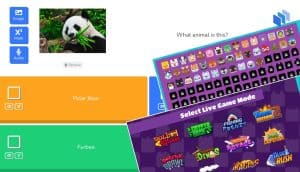What Does Health Level Seven Clinical Document Architecture Mean?
Health Level Seven Clinical Document Architecture (HL7-CDA) is an American National Standards Institute certified standard created by HL7, an authority on health information technology interoperability. HL7-CDA is an XML-based markup standard that sets the semantics, structure and encoding of clinical documents for exchange. Although CDA uses XML, it also allows for non-XML formats such as PDF, Word and JPEG.
Research institutions use CDA for their clinical trials and other biological research, as do medical centers.
Techopedia Explains Health Level Seven Clinical Document Architecture
The HL7 group was formed by Drs. Tom Lincoln, John Spinosa, Dan Essin, John Mattison and Bob Dolin. It then converted into the HL7 Structured Documents Work Group, which created CDA as well as other HL7 document types. XML-capable repositories can manage CDA as can XML-capable applications. Available desktop technology can create e-forms applications for electronic medical records.
As of 2011, the Mayo Clinic in Rochester, Minn. is the largest user of CDA with a weekly CDA production of nearly 50,000. HL7-CDA has strong capabilities for information investment as well as system flexibility in that it can be used with multiple applications many times over. The specification syntaxes of CDA include stewardship, persistence, authentication potential, context, wholeness and readability.





